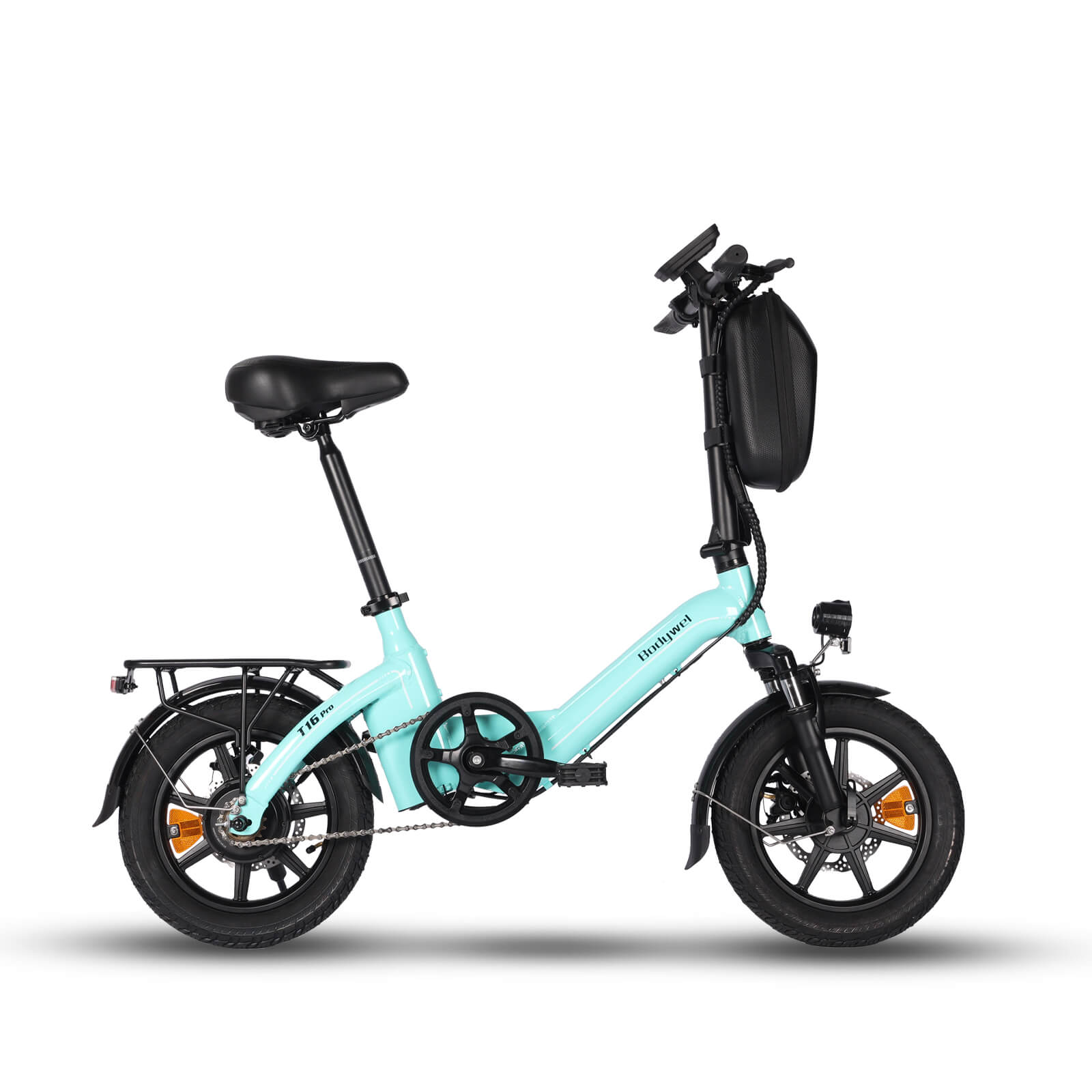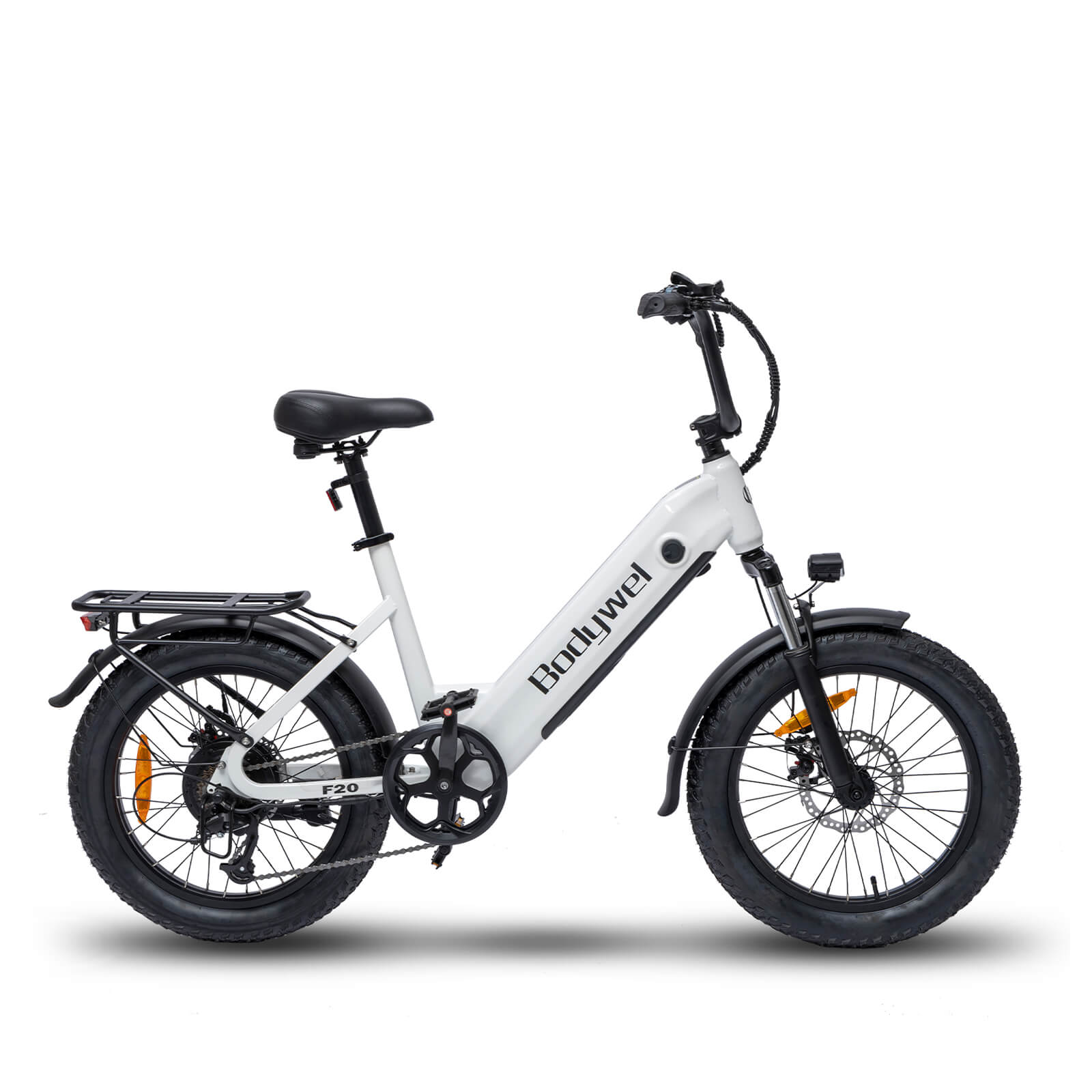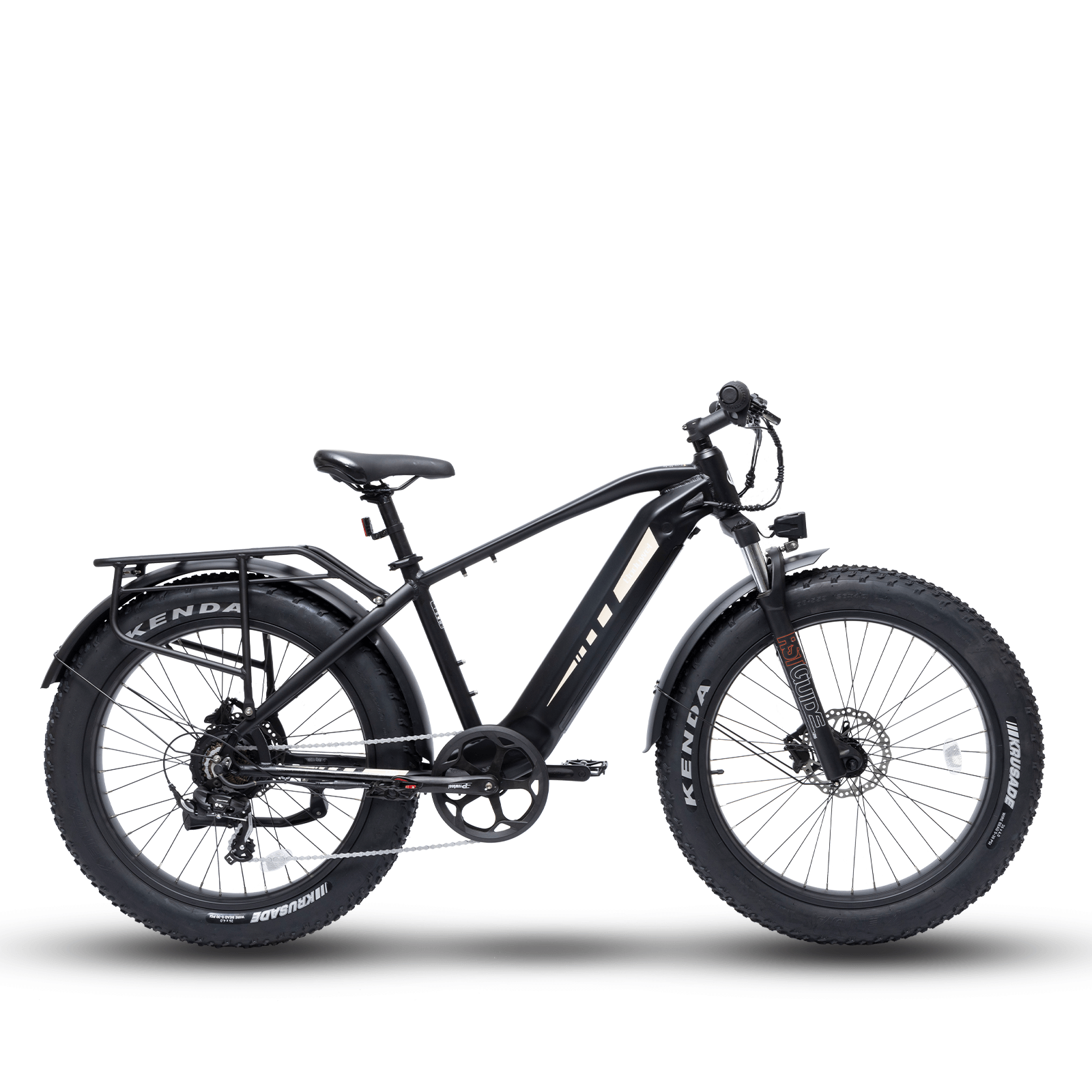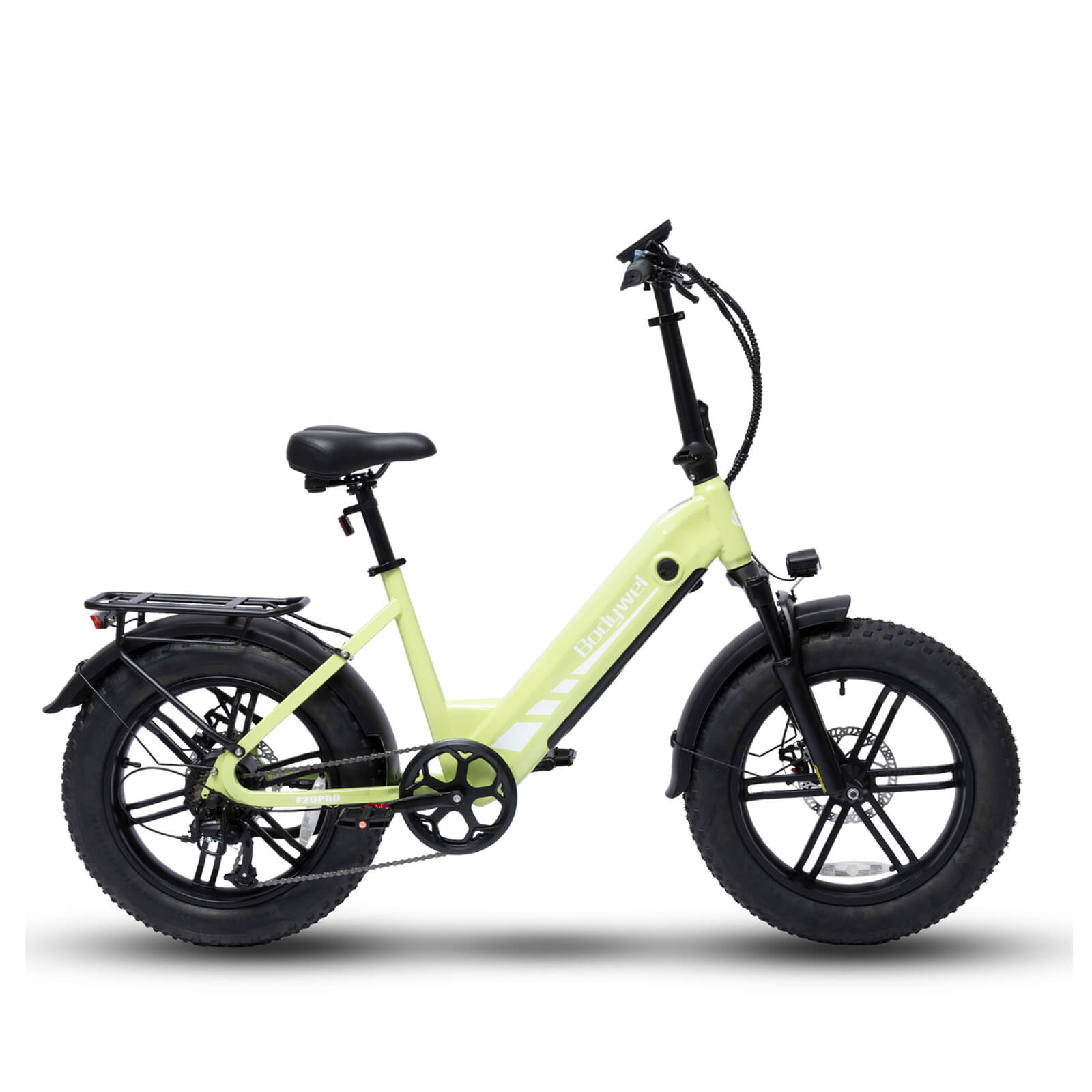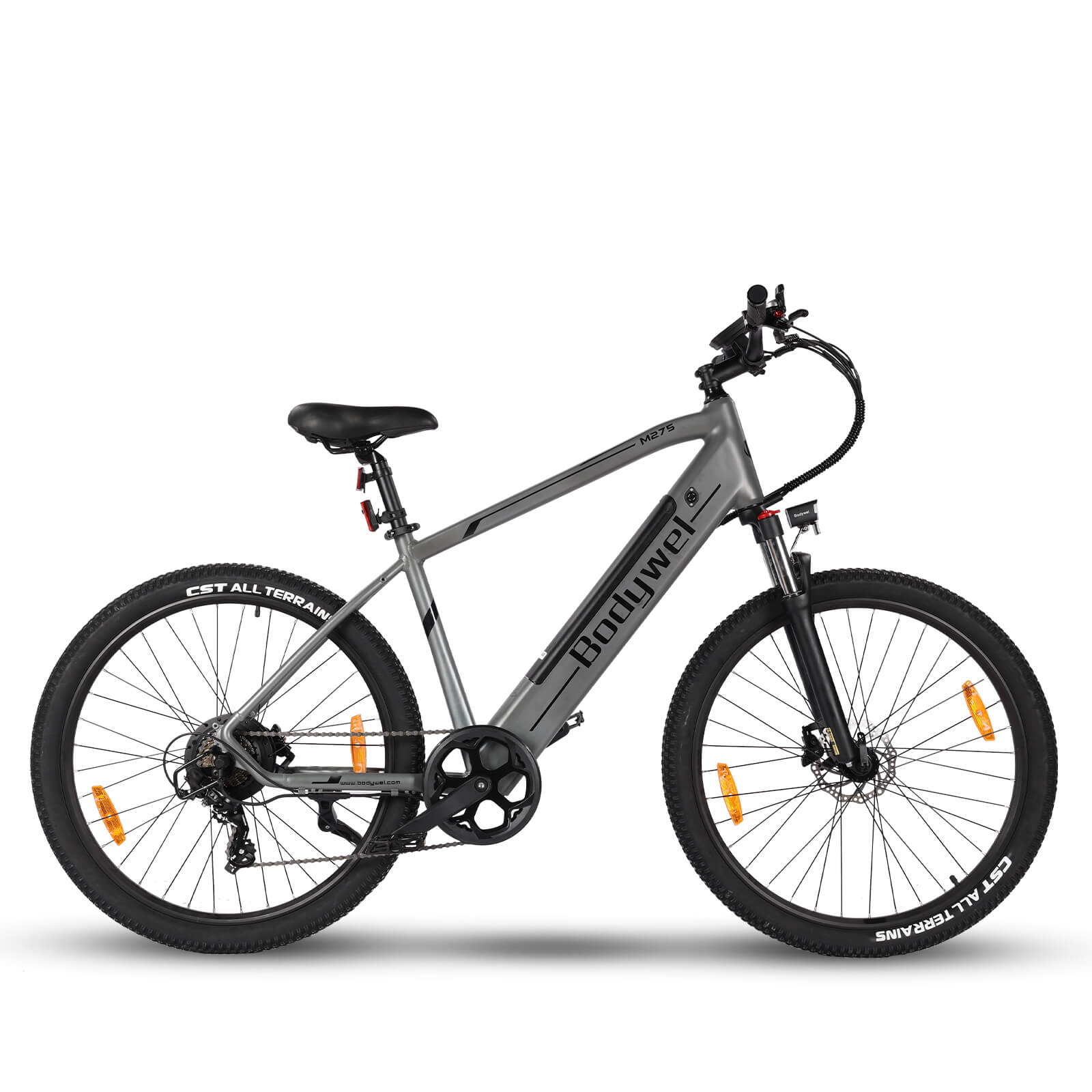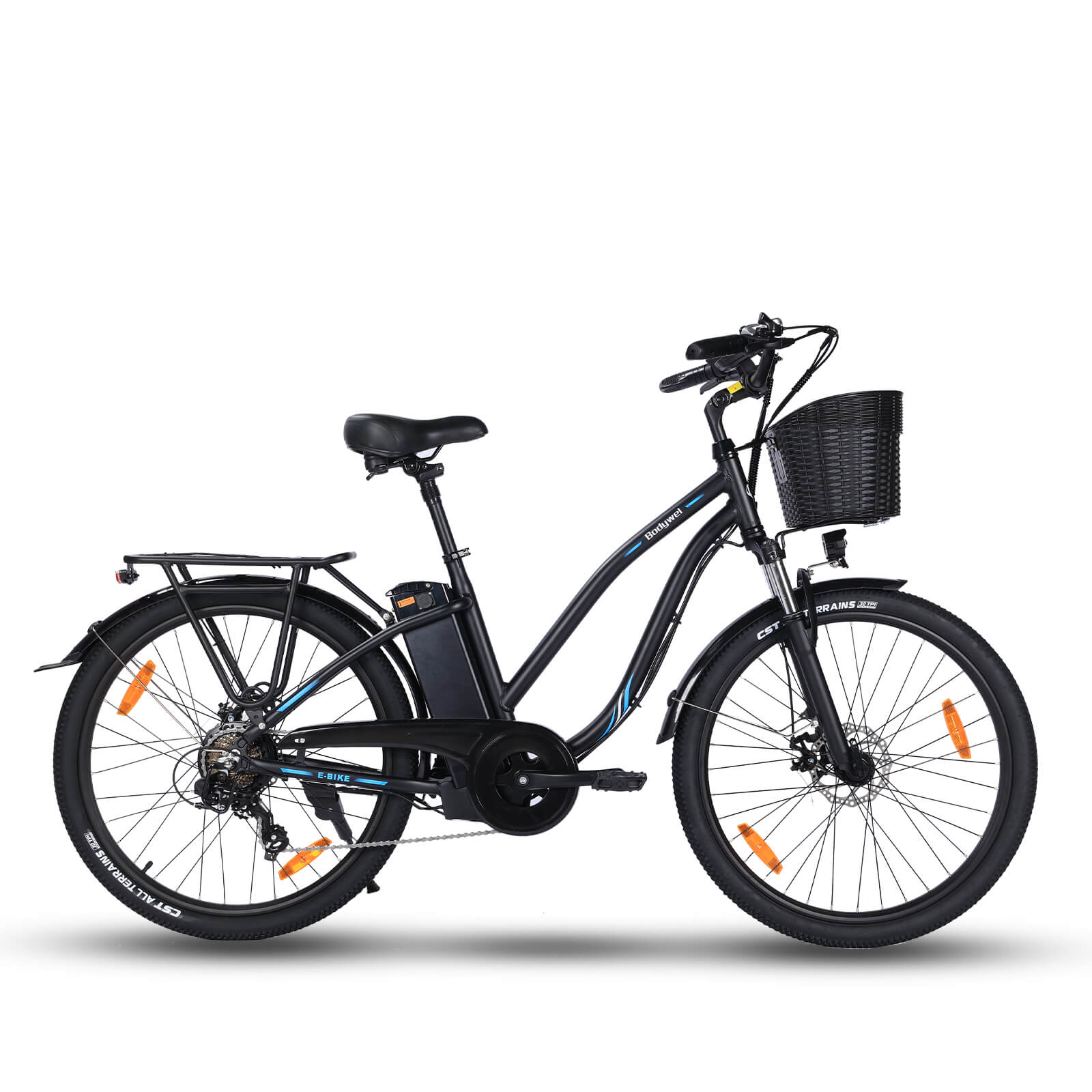5 Must-Know Benefits of a Compact Folding eBike for Urban Commuters

Compact folding eBikes are revolutionizing urban mobility by combining portability with electric assistance. These lightweight, space-saving bikes offer commuters a seamless way to navigate crowded cities while reducing environmental impact. Here’s why they’re becoming indispensable for modern urbanites.
Why Compact Folding eBikes Are Perfect for City Living
Urban commuters face daily challenges like traffic congestion, limited parking, and crowded public transport. A foldable electric bike addresses these pain points by offering a compact, motor-assisted alternative. Unlike traditional bicycles, these models collapse into a portable size within seconds, making them ideal for storage in tight spaces or carrying onto trains. The electric assist feature ensures riders arrive at their destination sweat-free, even on hilly routes.
Space Efficiency: Ideal for Small Apartments
For city dwellers with limited living space, a collapsible e-bike eliminates storage headaches. When folded, most models occupy less than 0.3 cubic meters—small enough to fit under desks or in closets. This contrasts sharply with standard eBikes, which require dedicated racks or outdoor parking. Many leading manufacturers have engineered designs that fold symmetrically, protecting components from damage during transport.
Multi-Modal Commuting Made Effortless
Combining cycling with public transit becomes seamless using a portable electric bicycle. Riders can fold their bike before boarding buses or trains, avoiding peak-hour bans on full-sized bicycles. In major metropolitan areas where multi-modal commuting is common, these bikes reduce door-to-door travel time by up to 40%. Their lightweight frames (typically under 20kg) make carrying them up subway stairs manageable.
Eco-Friendly Transport with Zero Emissions
Switching to a folding electric commuter bike significantly reduces carbon footprints. According to studies, eBikes emit 97% less CO₂ per mile than average cars. Many models feature regenerative braking systems that recharge batteries during descents, further optimizing energy use. For environmentally conscious riders, this aligns with sustainable urban mobility goals.
Cost Savings Compared to Cars and Public Transit
Over a five-year period, owning a compact eBike costs a fraction of car ownership or annual transit passes. Maintenance is minimal, with fewer moving parts than traditional bikes. Some employers and local governments even offer subsidies for eBike purchases, recognizing their role in reducing traffic congestion.
Health Benefits Without the Exhaustion
While providing electric assistance, these bikes still promote physical activity. Riders can adjust pedal assist levels to match fitness goals—a feature particularly beneficial for those transitioning to active commuting. Regular cycling is noted to significantly reduce cardiovascular risks. Unlike conventional bikes, the electric boost prevents overexertion, making them accessible to all fitness levels.
- Tags: compact folding eBike foldable eBike lightweight eBike portable electric bike urban commuter bike
0 commentaire




